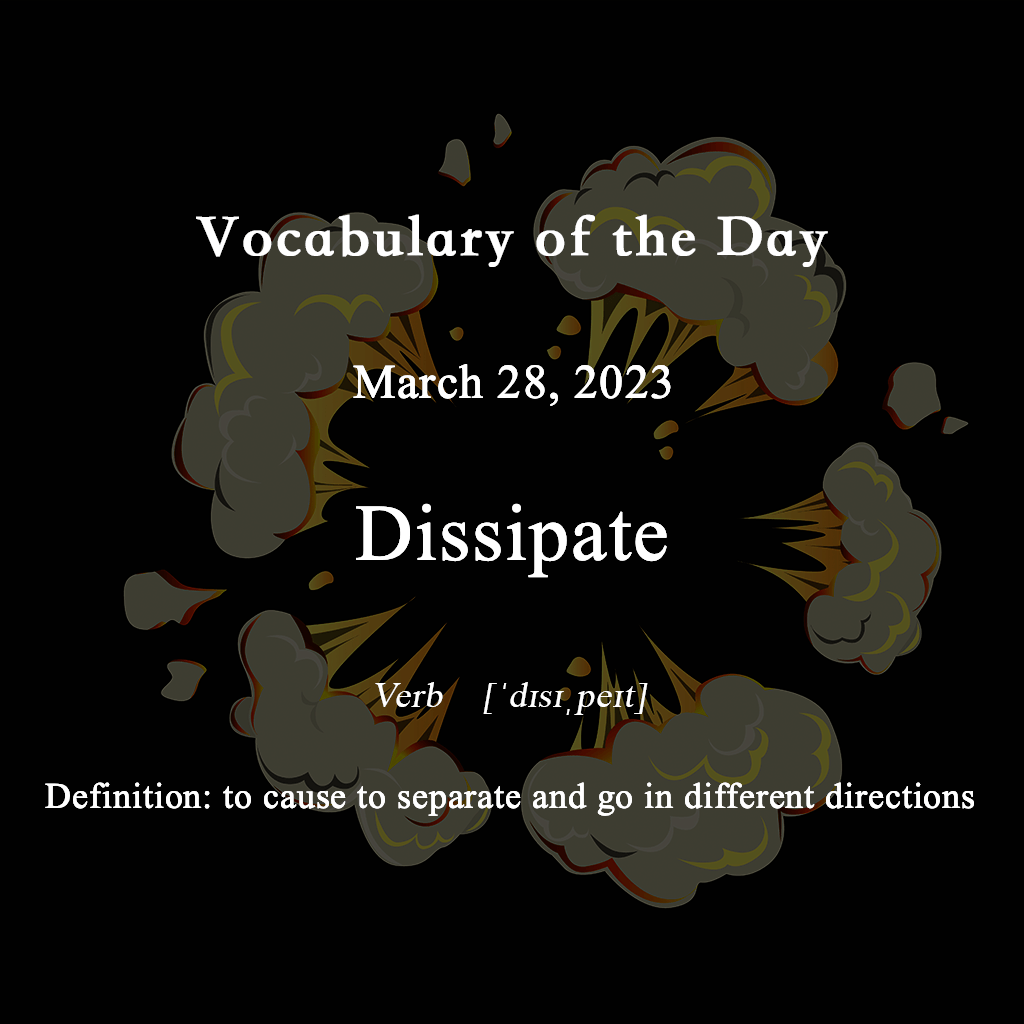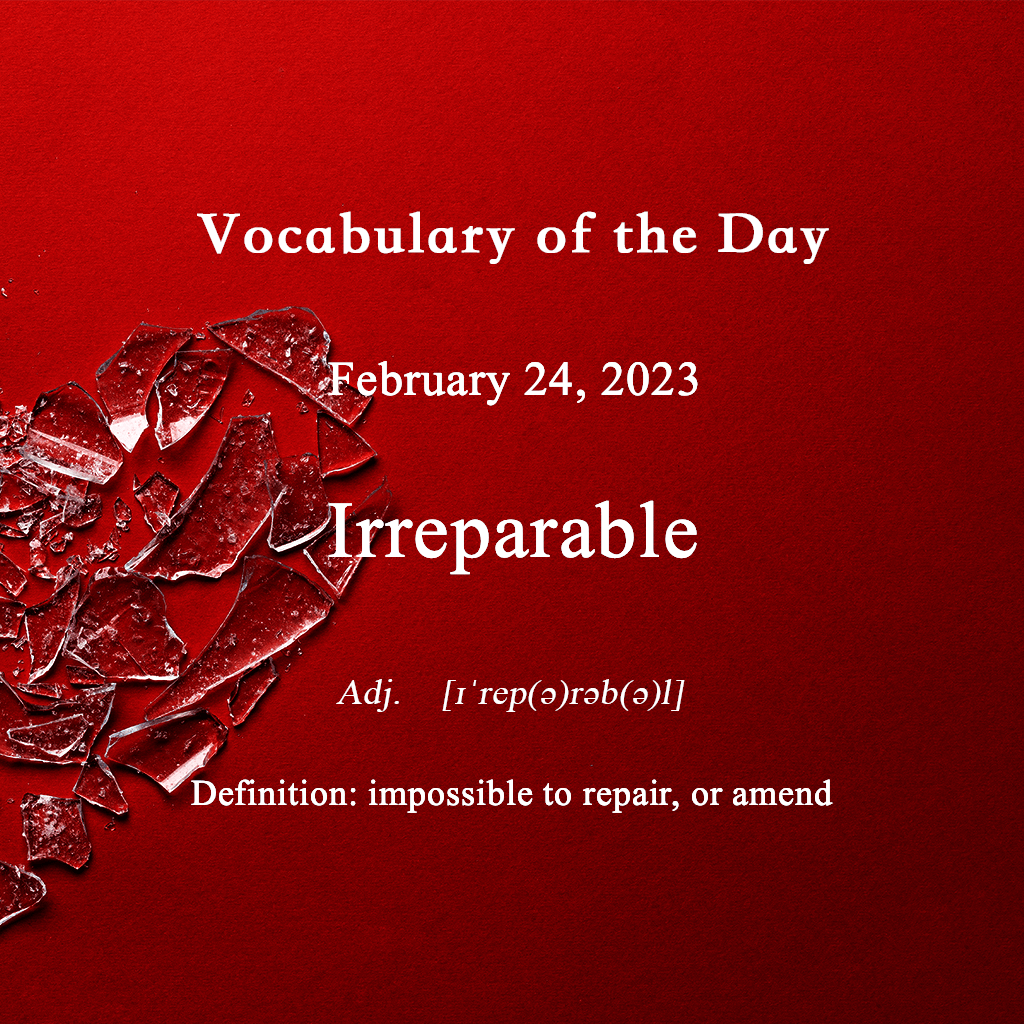
-
发音:[kənˈtɛmpəˌrɛri]
-
例句:
- Something contemporary is marked by characteristics of the present period.
- If two things are happening at the same time, then they are contemporary.
- The history book is based on contemporary accounts of the Vietnam war.
- If two people live in the same period of time, we can say that one is the contemporary of another or they are contemporaries.
- The great physicist Issac Newton and the great Chinese emperor of Qing dynasty Kangxi are contemporaries since they both lived in the 17th century.
- Impressed by Leonardo’s use of rocks and landscape features in his paintings, other contemporary artists – like German painter Albrecht Dürer – soon adopted and popularized this new style.
-
解释:
- Contemporary可以作为形容词使用,其表示“Things that are contemporary are either occurring at the same time or happening now.” 或者“Things happening, existing, or living during the same period of time”这一含义, 即“现代的/当代的/当时的/同时代的”,与modern/current这些单词构成近义词。
- 具体使用场景如下:Kylian Mbappé is considered one of the best football players of his generation and frequently cited as the world’s best contemporary player. (基利安·姆巴佩被认为是他这一代最好的足球运动员之一,经常被认为是世界上最好的当代球员。)/The writer read contemporary American fiction, because he hoped to find a resonance, a shaping of his longings, a sense of the America that he had imagined himself a part of.(这位作家读当代美国小说,因为他希望找到一种共鸣,一种他渴望的塑造,一种他想象自己是其中一部分的美国的感觉。)
- 除了用作形容词使用外,contemporary也可以当作名词使用,表示“Contemporaries are people and things from the same time period” 即“同时代的人/同龄人”,与peer/match构成近义词。使用场景如下:Petrarch and Chaucer were contemporaries. (彼特拉克和乔叟是同时代人。)/Abraham Lincoln was contemporary with Charles Darwin. (亚伯拉罕·林肯与查尔斯·达尔文同时代。)/People always talk about Wei Dongyi as the genius mathematician, who is very different from most of his contemporaries. (人们总是说韦东奕是天才数学家,他与大多数同时代人大相径庭。)



